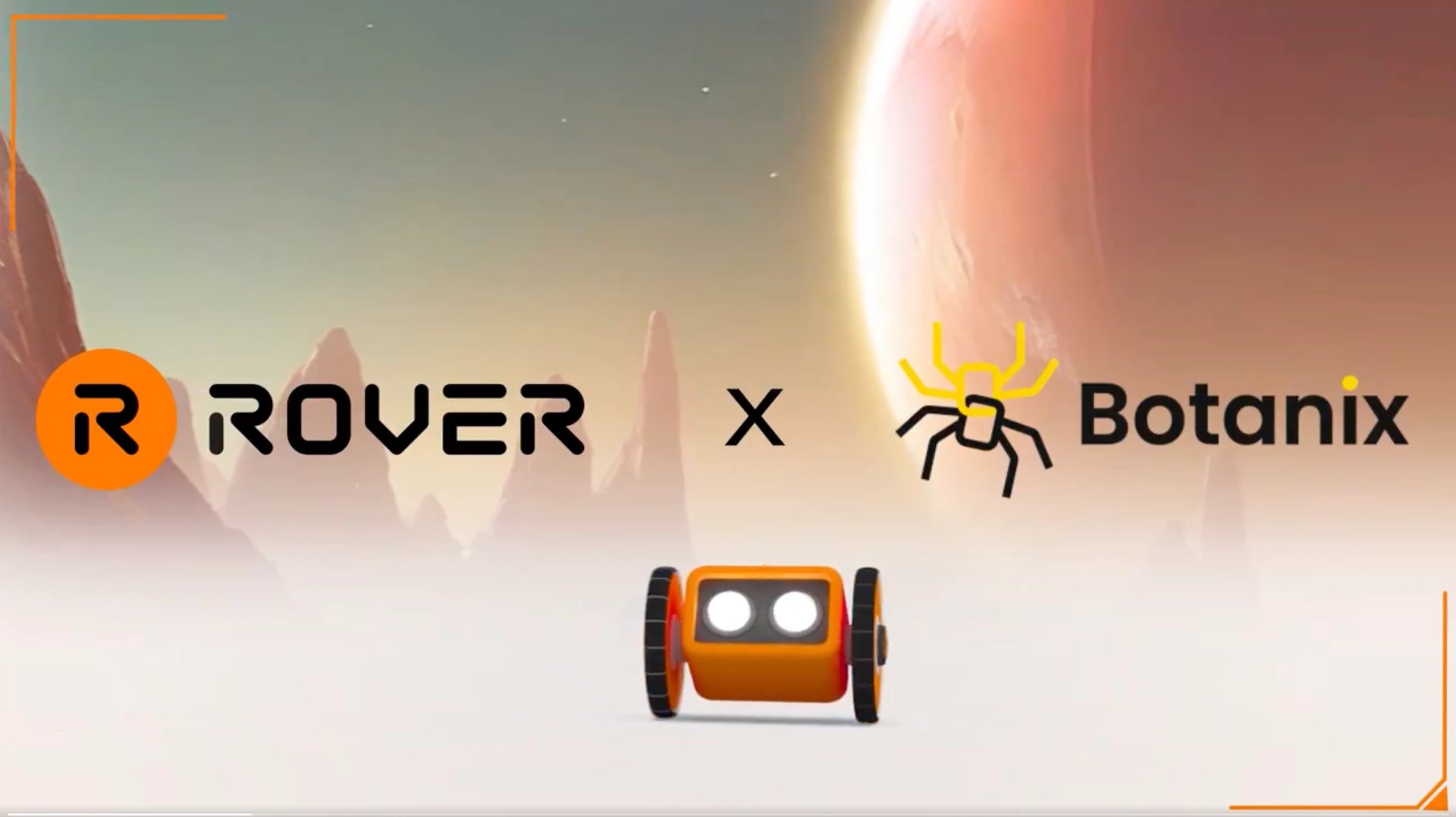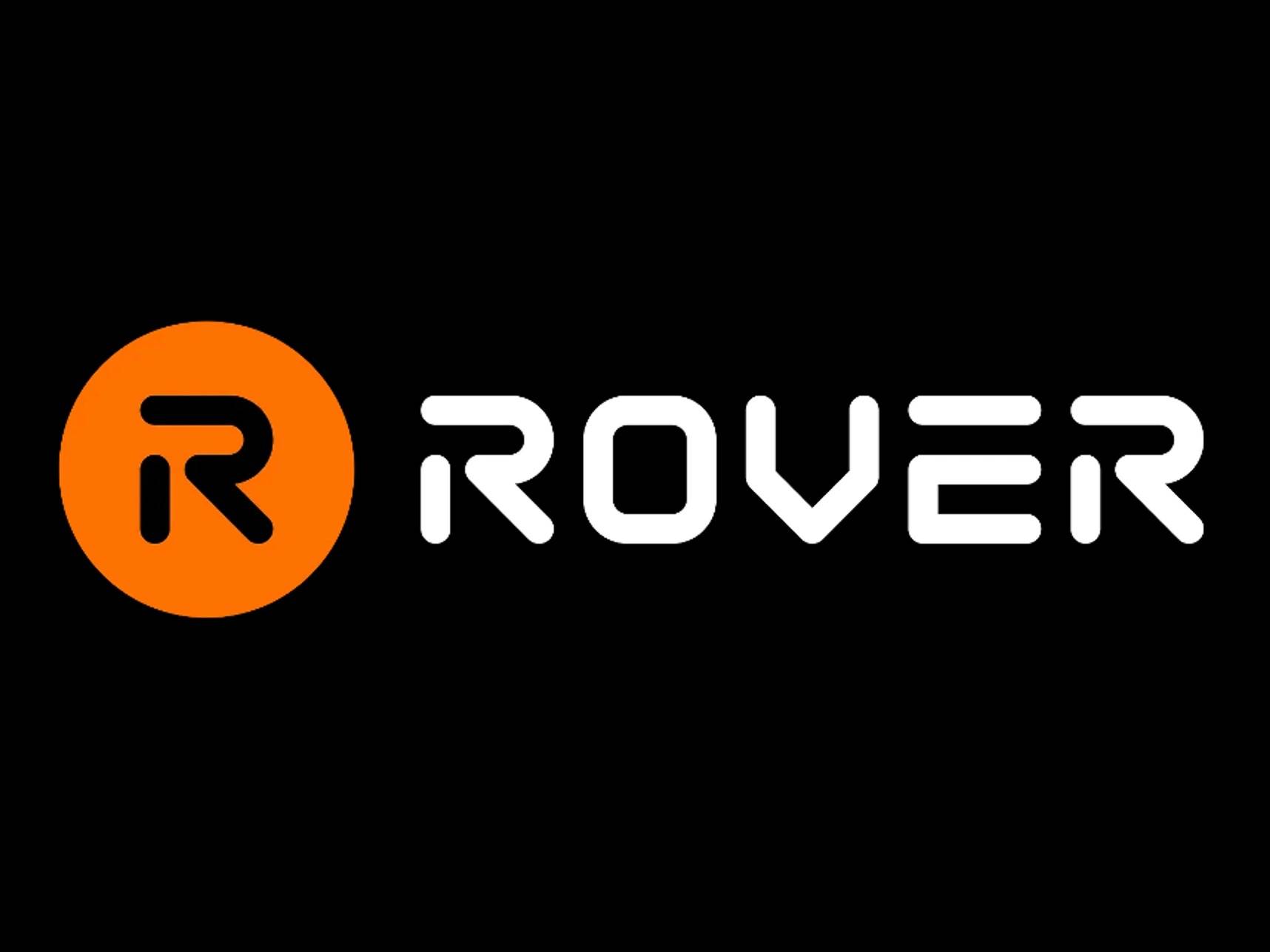Subscribe to wiki
Share wiki
Bookmark
Rover
Rover
Rover is a liquid staking protocol on the Spiderchain network by Botanix Labs. It allows Bitcoin holders to stake their assets and participate in decentralized finance (DeFi) while maintaining liquidity through rovBTC, enabling them to earn rewards.[1][2]

Overview
Rover, established in 2024 and publicly introduced on X (formerly Twitter) in May of the same year, is dedicated to developing liquid staking solutions tailored for the Bitcoin ecosystem on the Spiderchain platform, developed by Botanix Labs.
The protocol's primary objective is to enable Bitcoin holders to stake their assets and engage in decentralized finance (DeFi) while maintaining liquidity. Through the staking process, users can earn rewards in rovBTC, the native Liquid Staking Token (LST) on Spiderchain, which represents staked Bitcoin within the network.
Rover aims to seamlessly integrate with established financial frameworks, leveraging a diverse team with expertise in Web3 technologies, traditional finance, consulting, computer science, marketing, and operations.
Security is a top priority, with comprehensive audits by reputable auditors planned to ensure the robustness and reliability of its platform.[1][2][3][4]
Tokenomics
Rover Token ($rovBTC)
In collaboration with Botanix Labs, rovBTC operates as Spiderchain's native Liquid Staking Token (LST), designed to represent staked Bitcoin within the network's decentralized finance (DeFi) framework. Users acquire rovBTC by staking Bitcoin on Spiderchain, with the aim of facilitating various financial activities like borrowing, farming, and trading within the Bitcoin ecosystem. Rover has assembled a diverse team to support its ongoing development efforts.[4][5][6]

Audits
Rover has undergone three smart contract security audits conducted by reputable firms to enhance protocol reliability. On June 4, 2024, Trail of Bits assessed the RoleManager, rovBToken, and StakeManager contracts, focusing on access controls, initialization processes, and operational functionality without discovering critical issues.
Zellic conducted a review on June 11, 2024, examining user functionality critical to Rover's operations, with no significant security concerns identified. Additionally, on June 18, 2024, Halborn conducted a thorough evaluation of Rover's Wrapped Tokens, identifying no high or critical vulnerabilities. These audits underline Rover's commitment to maintaining a secure platform and ensuring ongoing reliability as the protocol evolves.[7][8][9]

See something wrong?
